Should be stipulated directly in the draft law.
On April 8, the Ho Chi Minh City National Assembly Delegation held a workshop to provide comments on the draft Law on Roads and the Law on Road Traffic Order and Safety.
At the workshop, Colonel Tran Thao (People's Police University) said that it is necessary to add to Clause 5, Article 64 the authority of traffic police to search for people and vehicles violating traffic safety order in urgent cases, in accordance with the provisions of Articles 127 and 128 of the Law on Handling of Administrative Violations 2020.
Lieutenant Colonel Tan Xuan Tien, Deputy Chief of Thu Duc City Police (HCMC) also agreed with Colonel Tran Thao's opinion. "If any subject acts rashly and violates the law, the traffic police can also use force," Lieutenant Colonel Tien added.
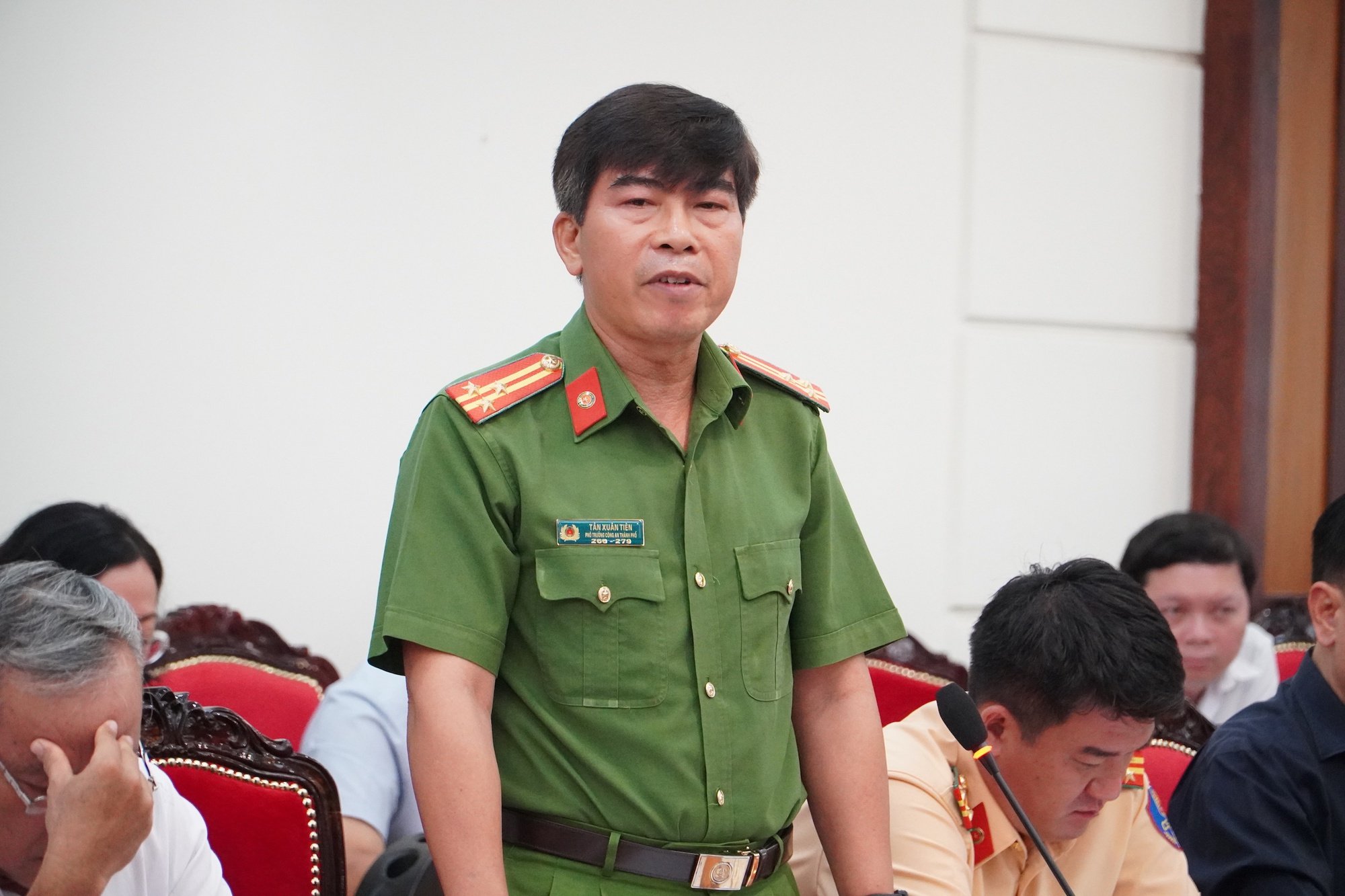
Lieutenant Colonel Tan Xuan Tien, Deputy Chief of Thu Duc City Police (HCMC)
Should not be included in the law to avoid repetition
Speaking to Thanh Nien Newspaper, Dr. Cao Vu Minh, University of Economics and Law, Ho Chi Minh City National University, said he disagreed with the above viewpoint. Dr. Minh said that the Law on Road Traffic Order and Safety should only focus on regulating the duties and powers of traffic police in commanding and controlling traffic.
Issues related to the application of measures to prevent and ensure the handling of administrative violations or the use of weapons and supporting tools to suppress and neutralize opposing subjects have been specifically regulated in specialized laws. Therefore, the Law on Road Traffic Order and Safety does not need to regulate these issues again.

Dr. Cao Vu Minh, University of Economics and Law, Ho Chi Minh City National University
specific, Articles 127 and 128 of the Law on Handling of Administrative Violations stipulate: "In cases where there is reason to believe that if a search is not conducted immediately, objects, documents, or means used to commit administrative violations will be disregarded or destroyed, then the People's Police (including Traffic Police) on duty may search people, vehicles, and objects according to administrative procedures."
Similarly, according to the Law on Management and Use of Weapons, Explosives and Supporting Tools, the use of force, tying, locking hands and feet, and using weapons and supporting tools begins when the competent authority determines that it is a "necessary case". and The end point is when the resistance has been neutralized. Articles 23 and 61 of this law also have very specific provisions on cases of shooting or using supporting tools.
formation, the use of support tools is carried out to prevent people who are endangering the life or health of law enforcement officers or others; in legitimate defense, in urgent situations as prescribed by law.
Because of the above analysis, according to Dr. Minh: "The regulations related to traffic police being allowed to search people, search vehicles, or suppress protesters in specialized laws are very specific and complete. In my opinion, "embracing" these rights into the Law on Road Traffic Order and Safety is unnecessary, easily leading to a situation of both excess and deficiency."
Dr. Minh explained that the redundant content of authority is stipulated in many different legal documents. The lack is because it is impossible to stipulate all the powers of the police force in general and the traffic police force in particular by just the Law on Road Traffic Order and Safety.
Therefore, it is most reasonable to use regulations by citing specialized laws such as the Law on People's Public Security; the Law on Handling of Administrative Violations; the Law on Management and Use of Weapons, Explosives and Supporting Tools.
According to lawyer Nguyen Van Hau, Deputy Head of the Ho Chi Minh City Bar Association, in addition to the Law on Handling Administrative Violations, Clause 5, Article 18 of Circular No. 32/2023 of the Ministry of Public Security also stipulates: "When there is reason to believe that a traffic participant, means of transport, or object contains hidden evidence, means, or documents used to commit an administrative violation, the person, means of transport, or object may be searched in accordance with the provisions of the law on handling administrative violations."
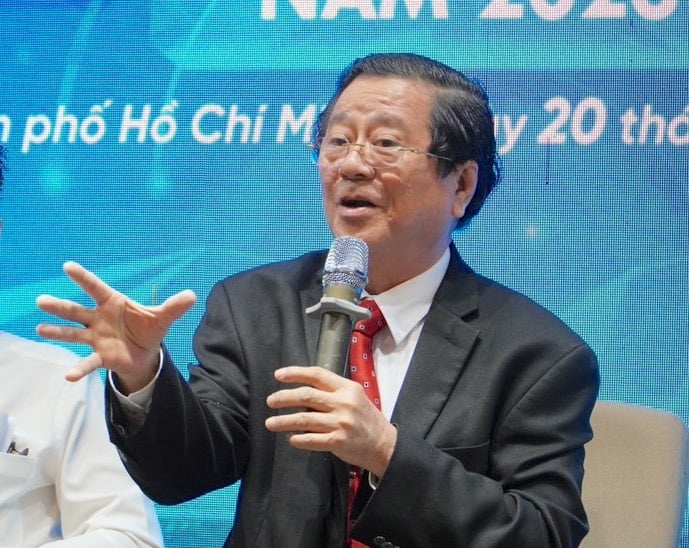
Lawyer Nguyen Van Hau, Deputy Head of Ho Chi Minh City Bar Association
structured, when the traffic police conduct a search, there must be a written decision, except in urgent cases requiring immediate search. When searching a person, it must be guaranteed that men search men, women search women, and there must be testimony of the same sex. When searching for a vehicle or object, there must be the owner of the vehicle or object or the driver of the vehicle and a witness. All cases of search must be recorded in writing, and a copy of the search decision and record must be given to the person being searched, the owner of the vehicle or object or the driver of the vehicle.
Thus, the above regulation is very detailed, which ensures the authority of the traffic police is demonstrated and limits duplication. "In my opinion, there is no need to add the above regulation to the draft law, but priority should be given to well implement the provisions of the Law on Administrative Violations," said lawyer Hau.
What are the world's regulations on traffic police searching people and vehicles?
Dr. Tran Thanh Thao (Ho Chi Minh City University of Law), the regulation that traffic police can search people and vehicles when there is a basis for violations is consistent with current international law. For example, US law allows traffic police to search people and vehicles on the condition that it does not violate the provisions of the Fourth Amendment of the US Constitution.
structured, in the course of performing their duties, if the police have reasonable grounds to suspect that the driver or vehicle is concealing dangerous objects or violating the law, the police have the right to search without a court order. In the event that there is no reasonable ground to search for a person or vehicle, this is considered a violation of the Fourth Amendment and is an illegal search.
Source link








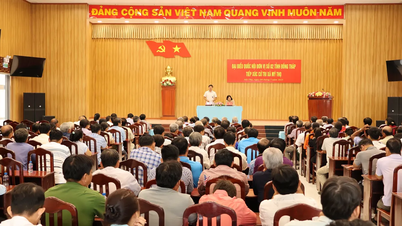



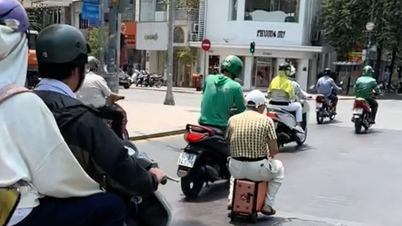


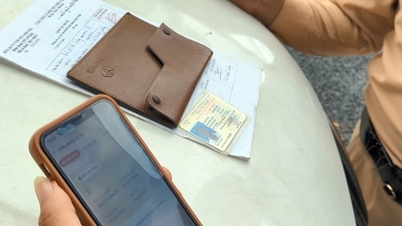










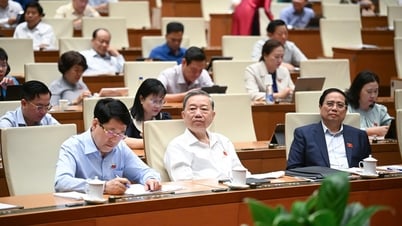





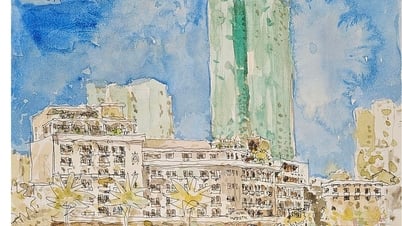
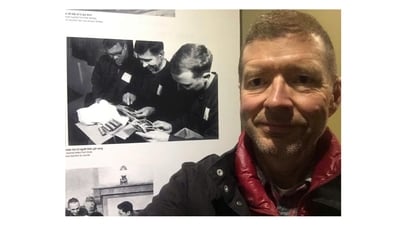


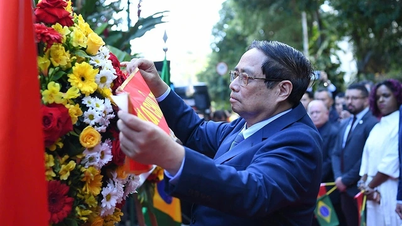











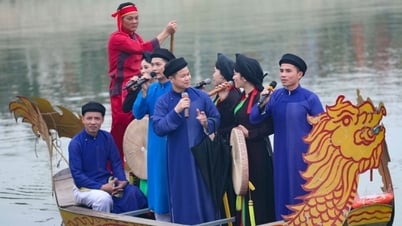



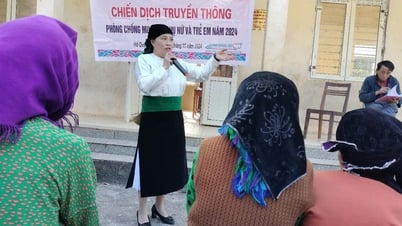








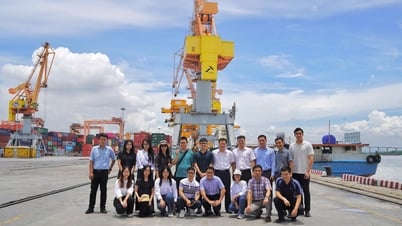
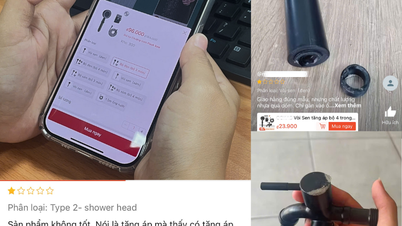

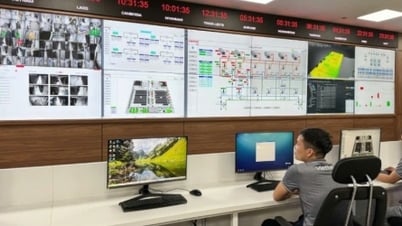













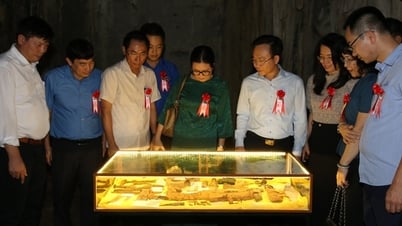






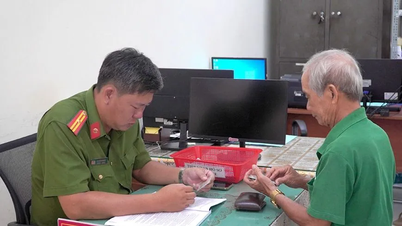
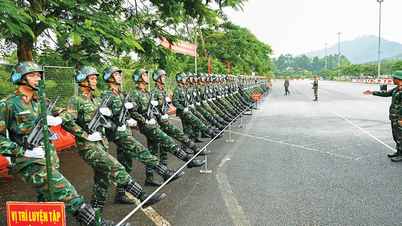
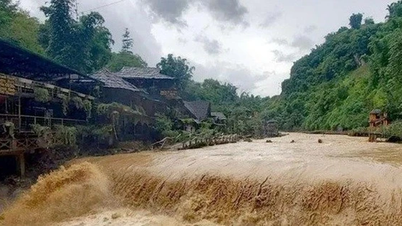







![[OCOP REVIEW] Bay Quyen sticky rice cake: A hometown specialty that has reached new heights thanks to its brand reputation](https://vphoto.vietnam.vn/thumb/402x226/vietnam/resource/IMAGE/2025/7/3/1a7e35c028bf46199ee1ec6b3ba0069e)








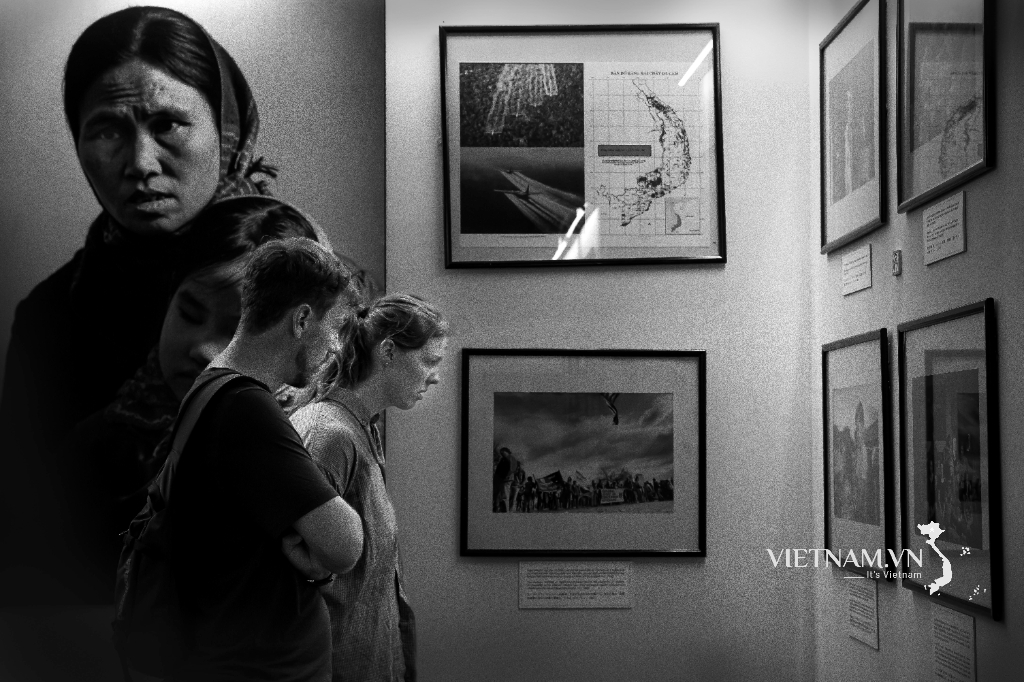


Comment (0)